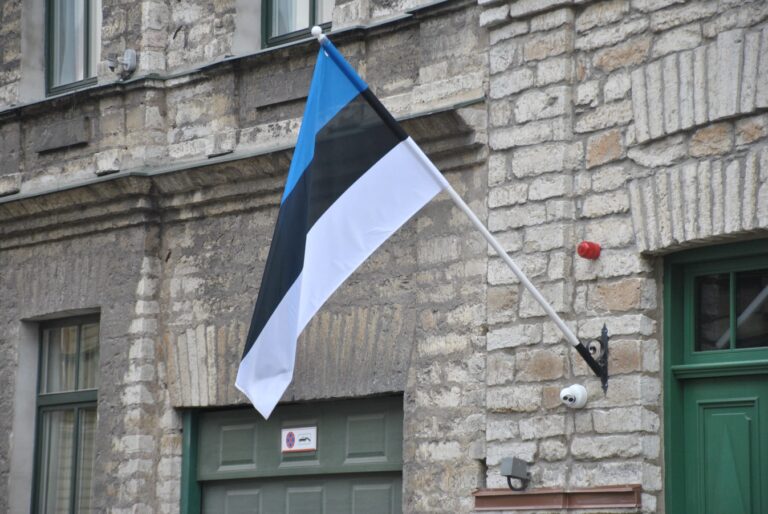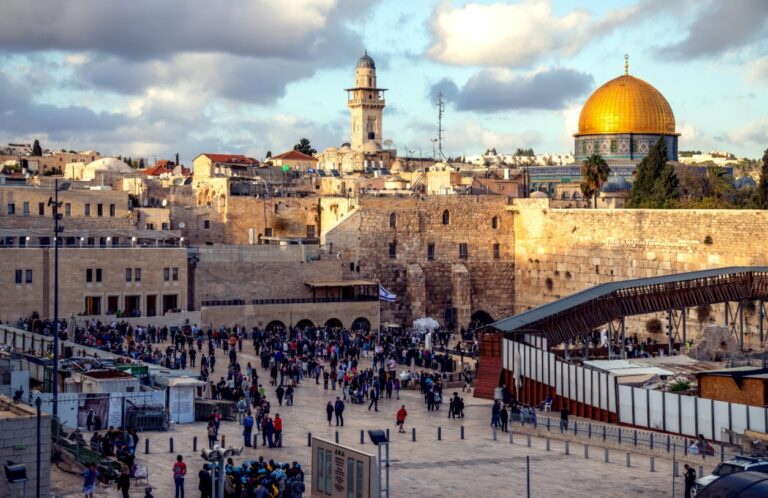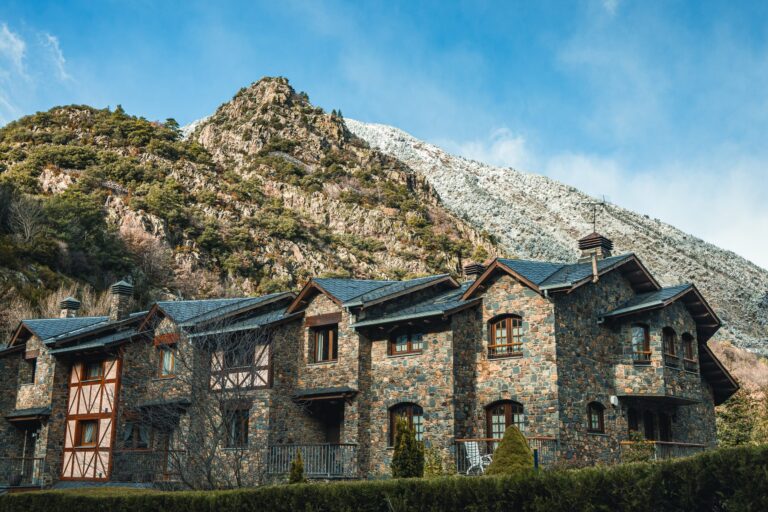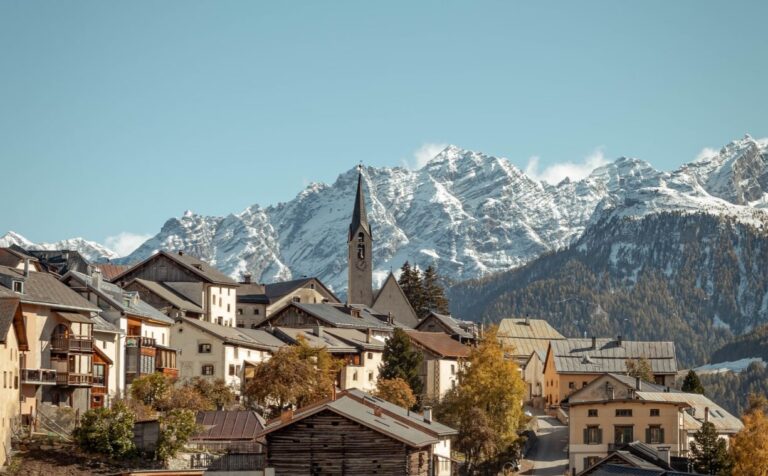Thinking of living in Monaco, the glamorous and tax-friendly place on the French Riviera? If you’re an American dreaming of the high life in Monaco, you’ll want to know how to move there, what legal steps to take and what your tax obligations will be like.
In this guide, we’ll explore the many benefits of living in Monaco for Americans and provide a step-by-step process to help you secure residency in this prestigious location.
Types of residences in Monaco
The most common ways to get the Monaco residency are:
- Residence through employment
- Residence by setting up a business in Monaco
- Residence by investment in Monaco (similar to a Golden Visa)
- Residence as a retired individual
The Principality accommodates three types of residency statuses: temporary, ordinary and privileged.
Initiating your residency in Monaco typically involves acquiring a temporary residence card, formally known as the “carte de sejour temporaire.” This initial residency permit grants you a one-year stay in the Principality, with the possibility of renewal for two additional one-year periods.
Upon completion of the initial residency period and its subsequent renewals, individuals are eligible to transition to the “carte de sejour ordinaire,” an ordinary residence card. This upgraded status extends your stay for three years, with the flexibility to renew it indefinitely as required.
Maintaining either the temporary or ordinary residence necessitates a minimum annual stay of three months within Monaco’s borders to preserve your residency rights. Failure to meet this requirement could result in the withdrawal of your residence permit.
Culminating a nine-year residency journey in Monaco opens the door to the “carte de sejour privilegie,” a residence card with a ten-year validity. Holders of this status are expected to reside in Monaco for no less than 183 days each year to maintain their privileged residency.
What steps should a US national follow?
Obtaining a residence permit in Monaco as a US national, i.e., as a non-EU citizen, involves a meticulous process. Here is a breakdown of the fundamental steps:
1. Secure a long-stay visa
Schengen or not, anyone aspiring to establish his residency in Monaco must obtain a Type D visa. This long-stay visa is a prerequisite and must be applied for at the nearest French embassy or consulate prior to relocation.
There is an exception: for those Americans who have already been residing in France for more than a year, there is an opportunity to streamline the process. They may be eligible to directly transfer their residency to Monaco, thereby bypassing the need for a separate long-stay visa application.
2. Evidence of accommodation
The government mandates that all prospective residents must provide evidence of suitable accommodation, which can be satisfied by one of the following:
- Ownership Documentation: Present the property deed for a house or apartment in Monaco registered in the applicant’s name.
- Corporate Connection: If the applicant is a director or shareholder of a company that owns property in Monaco, proof of this relationship is required.
- Lease Agreement: Furnish a lease contract for a Monaco residence with a minimum term of one year.
- Living with Relatives: Demonstrate that the applicant resides with a close family member in Monaco.
It is important to note that Monaco’s authorities prioritize substance over form when evaluating these proofs and evidence of accommodation. They may request concrete evidence beyond formal documentation, such as:
- Active supply contracts (i.e., electricity, water, connectivity, etc.) for the Monaco property where the applicant resides.
- Verification that the size of the property is appropriate and proportional to the number of occupants.
This thorough assessment ensures that applicants genuinely intend to establish a residence in Monaco.
3. Demonstration of substantial financial resources
Applicants are required to substantiate their economic stability through one of these means:
- Employment: Present a valid employment contract along with proof of salary.
- Self-Employment: Provide an official extract from the public registry for those operating a business in Monaco.
- Company Directorship: Submit documentation from the companies house if serving as a director of a Monaco-based company.
- Entrepreneurship: Entrepreneurs must obtain a statement from the Department of Economic Expansion that endorses the viability of their business proposal.
- Spousal or Partner Support: Evidence of financial support from a spouse or partner may also be acceptable.
- Retirement: Retirees should present their retirement certificate, confirming a steady source of income.
- Bank Confirmation: A letter from a Monaco bank affirming that the applicant holds adequate savings to sustain their lifestyle in the Principality. It’s noteworthy that the requisite amount is not fixed by law but is instead assessed by the banking institutions.
These proofs are critical to ensure that applicants can maintain a comfortable and financially secure life in Monaco.
The bank confirmation letter is specially relevant, since your bank will act as asponsor for your entrance to the country. Normally, the banks will requiere an initial investment of at least 1 milion.
4. Submission of supplementary information
Applicants must evidence their good character. This involves:
- Criminal Record Clearance: Applicants are required to submit copies of their criminal records from the last two countries where they have lived in the five years preceding their application to Monaco. These records must confirm that the applicant has no criminal history; otherwise, entry to Monaco could be denied.
- Personal Documentation: Alongside the criminal record, applicants must also provide copies of their valid passport, a comprehensive health report, and their birth certificate.
- Additional Requirements: Depending on the individual circumstances of the applicant, other documents may be requested to support the application.
This collection of documents serves to affirm the applicant’s integrity and suitability for residency in Monaco, ensuring that all new residents meet the Principality’s high standards of character.
5. Settlement of applicable fees.
Fees vary based on the type of residence permit, but they are all very affordable:
- Temporary Residence Permit (12 months duration): A fee of €80 is required.
- Ordinary Residence Permit (3 years duration): The fee for this permit is set at €100.
- Privileged Residence Permit (10 years duration): For long-term residency, the fee is €160.
It is important to note that these fees are exclusive of any additional costs that may arise, such as those for document translation, health checks, and other related expenses. These costs are the responsibility of the applicant and are in addition to the fees for the residence permits themselves.
6. Application and interview
The final step is the submission of the application and the participation in a residency interview:
- Application Submission: Applicant can file the application either online or by mail, addressing it to the Direction de la Sûreté Publique, located at Stade Louis II, Entrée B, Étage 1.
- Residency Interview: An interview with the Residents Section of the Directorate of Public Security is a mandatory part of the process. This interview can be conducted online. During the interview, applicant needs to present all the required documents previously mentioned. The interview typically covers topics related to your family, education, work experience, and qualifications, among other subjects.
After the interview, the application will undergo processing and, if successful, authorization. For US nationals, as non-EU citizens, the timeframe for receiving the Monaco residency card ranges from sixteen to twenty weeks. This step is crucial as it allows the authorities to assess the application thoroughly and ensure that applicant meets all the criteria for residency in Monaco.
Could an American get the Monaco citizenship?
An American can acquire citizenship in Monaco, but it is important to understand that the path to Monégasque citizenship is not straightforward. There are several critical factors to consider:
- Residency Requirement: To be eligible for Monaco citizenship, the applicant must have maintained continuous residence in Monaco for at least ten years.
- Exclusive Citizenship: Monaco’s laws do not permit dual citizenship. Therefore, individuals seeking Monégasque citizenship must be prepared to renounce their current citizenship(s).
What taxes would an American pay?
Monaco offers no income, capital gains, and wealth taxes. The principality’s generosity extends to family wealth transfers, where gifts to direct line relatives, such as parents, spouses, or children, are free from gift taxes. Inheritances follow suit, passing through generations with grace and ease, untaxed and unburdened.
There is, though, a substantial corporate tax: Monaco imposes a 25 % tax on companies earning more than 25% of their revenue from outside the Principality. This tax, however, has been steadily reduced each year during the the last years.
Also, while Monaco’s real estate scene is free from annual property taxes, a nominal 1% rental tax is levied, what represent a quite small contribution to the State’s coffers. Additionally, in the event of property changing hands, a real estate transfer tax is applied.
And, of course, an American national or a resident in the US relocating to Monaco would not escape US income taxes since the US levies tax on worldwide income obtained by any of its citizens and residents. Those individuals may encounter two specific challenges:
- The tax compliance for these individuals is onerous, as they are required to adhere to significant U.S. tax filing obligations as if they were still in the United States.
- These individuals are unable to alleviate any U.S. tax liabilities through a double tax treaty, as no such agreement exists between the U.S. and Monaco.
However, U.S. citizens and residents living in Monaco can find ways to mitigate their personal income tax obligations in the United States. However, each individual’s circumstances are unique and should be evaluated individually. Here are some potential options to consider:
- Tax Exemptions on Foreign Income: U.S. citizens and residents can take advantage of tax exemptions for certain income sourced outside of the U.S. This can provide relief from U.S. taxation on some foreign-earned income.
- Green Card Relinquishment: U.S. residents who give up their green card may be released from their U.S. tax obligations. However, this decision requires careful consideration due to specific regulations. For example, green card holders who have maintained their status for at least 8 of the last 15 years prior to relinquishment may still be subject to U.S. taxation.
- Renunciation of U.S. Citizenship: U.S. citizens may choose to renounce their citizenship upon acquiring citizenship from another country. Selecting a country that offers an appealing citizenship program with minimal residency requirements is crucial. This drastic step completely ends their U.S. tax responsibilities but comes with significant legal and financial implications that must be thoroughly assessed.
It should be noted that U.S. residents contemplating the surrender of their green card, and for U.S. citizens considering the renunciation of their citizenship may face the potential imposition of the US exit tax, also known as the expatriation tax. There are, however, specific exceptions and thresholds that may provide relief from the exit tax.
Given the complexity and potential financial impact of this tax, it is crucial to seek expert advice before proceeding with the relinquishment of a green card or the renunciation of U.S. citizenship. Professional guidance can help ensure that the transition away from US tax obligations is managed in the most tax-efficient manner possible.
What’s next?
In the last years, at Relocate&Save we have helped many US nationals moving to Monaco and getting the residence permit in the Principality, often with planifications that helped alleviate the tax burden in your home country.
Through our branch MonacoAdvisers we have physical presence and a vast network of contacts in Monaco, so if you have any questions about your potential relocation to the Principality, please write to us at [email protected] or through the contact form.
Sources
- https://monservicepublic.gouv.mc/en/themes/nationality-and-residency/residency/new-entrants/how-to-apply-for-a-residence-permit
- https://monservicepublic.gouv.mc/thematiques/nationalite-et-residence/residence/residents/la-carte-de-sejour
- https://monservicepublic.gouv.mc/thematiques/nationalite-et-residence/residence/nouveaux-arrivants/demander-une-carte-de-sejour
- https://www.diplomatie.gouv.fr/fr/le-ministere-et-son-reseau/organisation-et-annuaires/ambassades-et-consulats-francais-a-l-etranger/
- https://teleservice.gouv.mc/premiere-carte-de-sejour/?international=fr
- https://monservicepublic.gouv.mc/thematiques/nationalite-et-residence/nationalite-monegasque/acquisition-et-perte-de-nationalite/acquisition-de-la-nationalite-monegasque
- https://www.irs.gov/individuals/international-taxpayers/us-citizens-and-resident-aliens-abroad
- https://www.irs.gov/individuals/international-taxpayers/foreign-earned-income-exclusion
- https://www.irs.gov/individuals/international-taxpayers/expatriation-tax


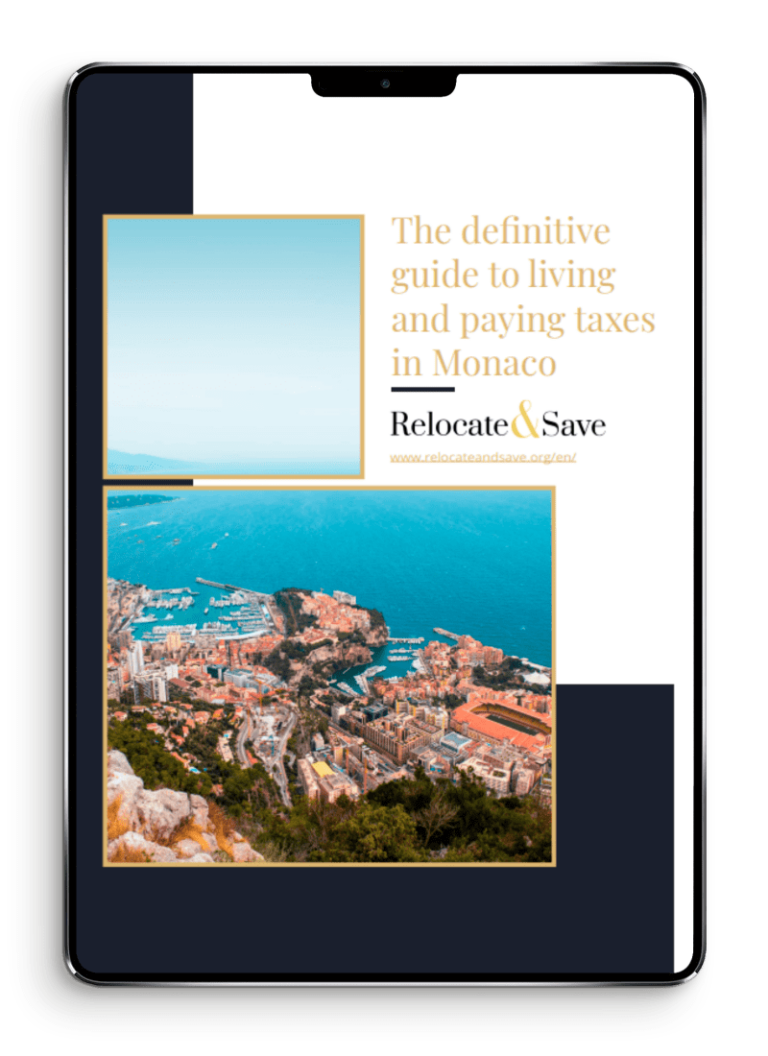
 All communications are encrypted and will be treated with absolute confidentiality. Your data will never be shared with third parties.
All communications are encrypted and will be treated with absolute confidentiality. Your data will never be shared with third parties. 
